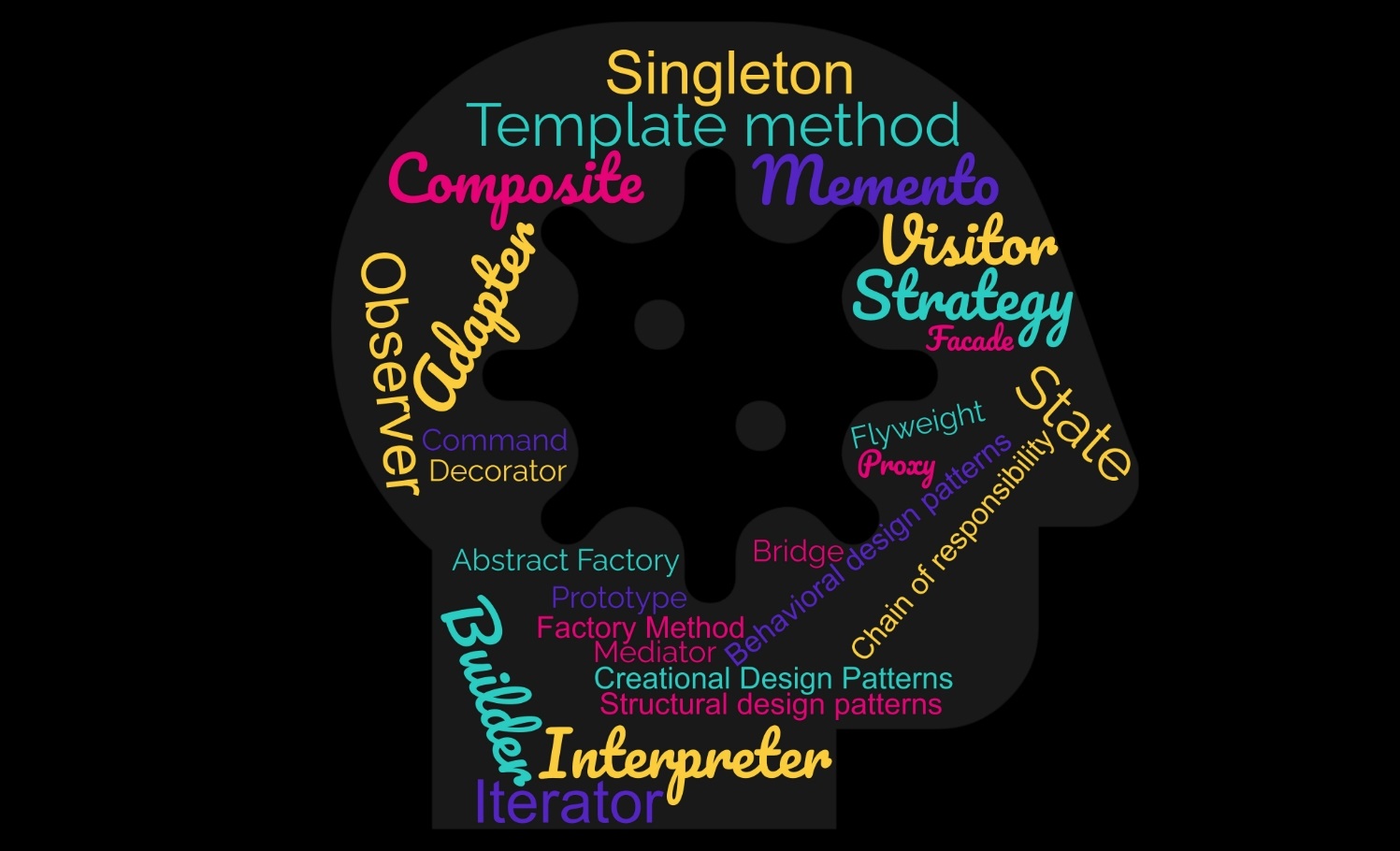Be the Senior You Needed as a Junior

Introduction
When we start our journey as software developers, we come across many difficulties and challenges. Usually it starts with choosing the right course to take and learning in the university environment, sometimes while simultaneously working in a different field. Then, it continues as we look for the long-awaited first job as a junior developer, even when we don't have any experience. After we get that first job, we face challenges every day in our work. These challenges include fixing bugs, feeling pressured to get good results, having lots of endless meetings, always learning new things, dealing with demanding clients, managing tight deadlines, and yes, more bugs.
Another common challenge we encounter in the early stages of our careers is connecting with people with more experience who can guide us and offer valuable insights (we'll refer to them as 'Mentors' in this article). These individuals can contribute significantly to our growth and set us on the right direction, however, not everyone is fortunate enough to come across such people.
In this article, I will explore the importance and influence that a mentor can hold in the life of a junior developer, share insights that I've gathered throughout my career and list 10 indispensable skills for senior developers who want to become mentors or simply want to be more approachable and helpful to junior developers.
The Impact of Company Culture on Your Progress
Before delving into the list of 10 skills, it's crucial to emphasize that the established culture of the company you work for is one of the most vital aspects for enabling the growth of individuals, whether they are junior, mid-level or senior.
Having exceptional ideas, promoting collective progress, working to improve processes and boosting colleagues' skills is futile if the company adheres to an antiquated and obsolete mindset. In such an environment, certain individuals in management roles prioritize personal gain, lack plans for the medium and long term, overlook the collective aspect, and fail to support the training and development of those who are beginning their careers.
With that being said, presented below is a compilation of the key attributes I would have liked to see in a senior developer during my junior days.
1. Technical Proficiency
A senior developer should have a deep understanding of the technologies, languages, tools, and frameworks commonly used in their role. This expertise is crucial for providing accurate guidance, addressing technical difficulties, and helping junior developers in resolving issues. Moreover, technical proficiency goes beyond just using knowledge; it involves the skill to identify the most suitable technology or approach for a specific problem. Ultimately, technical proficiency acts as a basis for the effectiveness of a senior developer, allowing them to lead by example and guide their team effectively.
2. Continuous Learning and Market Awareness
The company you work for might not always have projects that utilize the latest technologies on the market. In such cases, it's important for senior developers to look for challenges through different paths. This could include creating personal projects or staying updated about market trends, even if it's just staying informed about the latest developments in your tech stack. Technology is continuously changing, and as a senior developer and mentor, it's crucial to stay updated with these changes. This shows a strong commitment to lifelong learning.
3. Effective Communication
Clear and concise communication is indispensable. A mentor should be capable of elucidating complex technical concepts in simple terms, making it easier for junior developers to comprehend and apply them.
4. Active Listening
A good mentor listens carefully to junior developers' concerns and questions. It helps to understand your needs and tailor the guidance to your specific situations.
5. Constructive Feedback and Effective Code Review
Offering consistent feedback on code, projects, and overall performance is a fundamental role of a mentor. Constructive criticism empowers junior developers to enhance their skills while maintaining their motivation.
One of the most crucial instances for providing feedback arises during code reviews. However, it's vital to approach this process mindfully. Junior developers might lack a comprehensive understanding of why certain code is considered bad or good. Therefore, it's important to exercise caution while offering feedback on problematic code, ensuring that explanations are clear and educational.
It's recommended to use inclusive language, avoiding the use of "you" and opting for "we" instead. This helps create an environment of shared learning and minimizes the sense of blame.
Additionally, it's essential to avoid being snobbish or allowing ego to dominate in code reviews. Maintaining modesty and a respectful tone nurtures an atmosphere of collaboration and receptivity, enabling constructive feedback to be received more effectively.
Lastly, during code reviews, consider asking questions or suggesting improvements instead of imposing directives. This approach encourages juniors to think critically and actively participate in the learning process.
6. Problem-Solving Skills
Mentors should demonstrate effective problem-solving skills. They can guide junior developers in breaking down complex issues into smaller, manageable tasks, always avoiding solving the problems for them, while also stimulating the investigation of problems. This approach helps junior developers develop their ability to solve complex problems independently.
7. Positive Attitude
A positive and encouraging attitude greatly motivates junior developers. Celebrating their achievements, no matter how small, boosts their confidence. And when it comes to solving problems it is always important to demonstrate that no matter how big the problem is, there are ways to solve it and thus demonstrate confidence.
8. Time Management
Balancing mentoring responsibilities with one's own work necessitates effective time management. A mentor should remain accessible and responsive while managing their own tasks.
One key element of effective time management involves prioritization. Mentors can optimize their day by identifying high-priority tasks, including both mentoring and personal work. Initiating the day by addressing critical responsibilities ensures that vital aspects of their role receive attention before less urgent matters. This strategy helps mentors maintain a productive equilibrium between their mentorship responsibilities and individual tasks.
9. Networking
As a mentor, you can stimulate junior developers to explore platforms like LinkedIn and GitHub, where they can connect with fellow developers, showcase their work, and learn from others' projects. Encourage them to participate in events, such as conferences and meetups, which provide opportunities to meet experts and stay updated on the latest trends.
10. Growth Mindset and Goal Setting
Embracing a growth mindset is vital for both junior developers and mentors. It involves believing in the potential to improve through effort. Mentors help juniors overcome self-imposed limits, step out of comfort zones, and embrace challenges.
This mindset aligns with building a strong career. Mentors inspire setting ambitious goals, pursuing learning opportunities, and viewing challenges as stepping stones.
Moreover, goal setting is crucial. Mentors aid juniors in defining short and long-term goals—technical skills, projects, and career advancement. This empowers juniors to navigate their careers with determination and resilience, in sync with a growth mindset.
Empathy
Throughout the various skills we've discussed, there's an important yet subtle element that ties them all together: Empathy.
Empathy means putting yourself in other people's shoes, understanding and sharing their feelings. It's like a secret ingredient that makes each skill even more powerful.
Even if we didn't talk about it directly in every topic, empathy is still there, from technical proficiency to goal setting empathy plays a role in each, quietly making a difference.
Conclusion
Today, after 12 years of experience, I find myself reflecting on my journey to this point and imagining the tremendous impact it would have had if at least one of my colleagues from those early years had possessed the skills I've mentioned above. I'm confident that if they had, my progress could have been significantly faster.
I may have been utopian in this article, though. While it's a noble aspiration for every senior developer to possess all these skills, it's important to acknowledge that continuous improvement is a shared journey. Being a senior developer and career mentor for junior developers requires a fusion of technical knowledge, interpersonal skills, and a genuine desire to assist others in their growth.
In a continuously evolving field like software development, the capacity to adapt, learn, and embrace a growth mindset is invaluable. Overcoming limiting beliefs, promoting collaboration, and guiding junior developers to set ambitious goals are the fundamental pillars of cultivating their potential.
As we pave the way for the next generation of developers, let's remember that each interaction, each piece of guidance, and each example we set can have a profound impact. By embracing these skills and principles, we can collectively contribute to a more collaborative, knowledgeable, and successful software development community.



